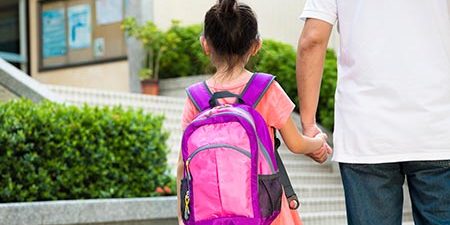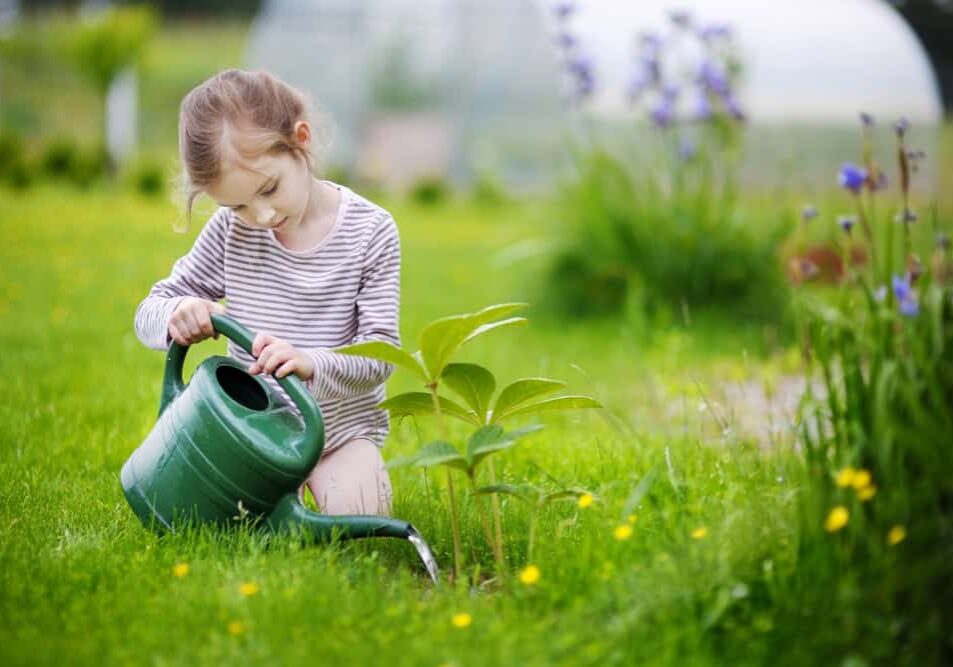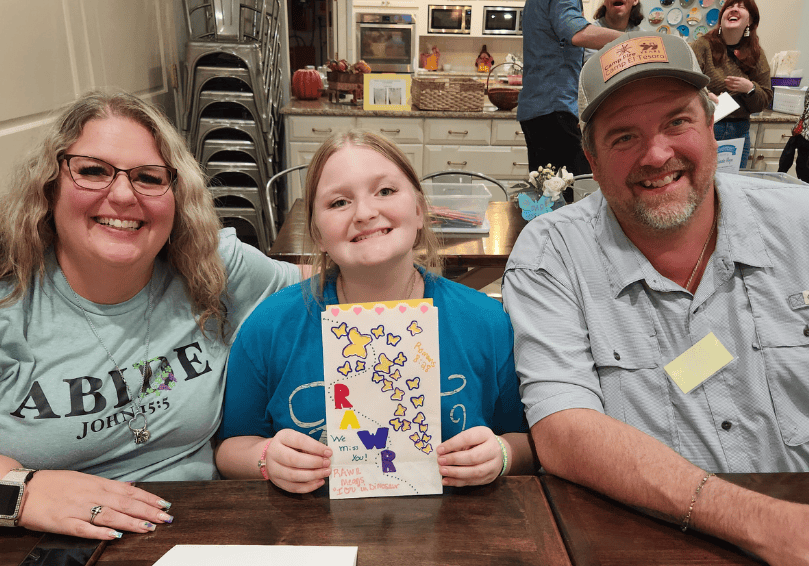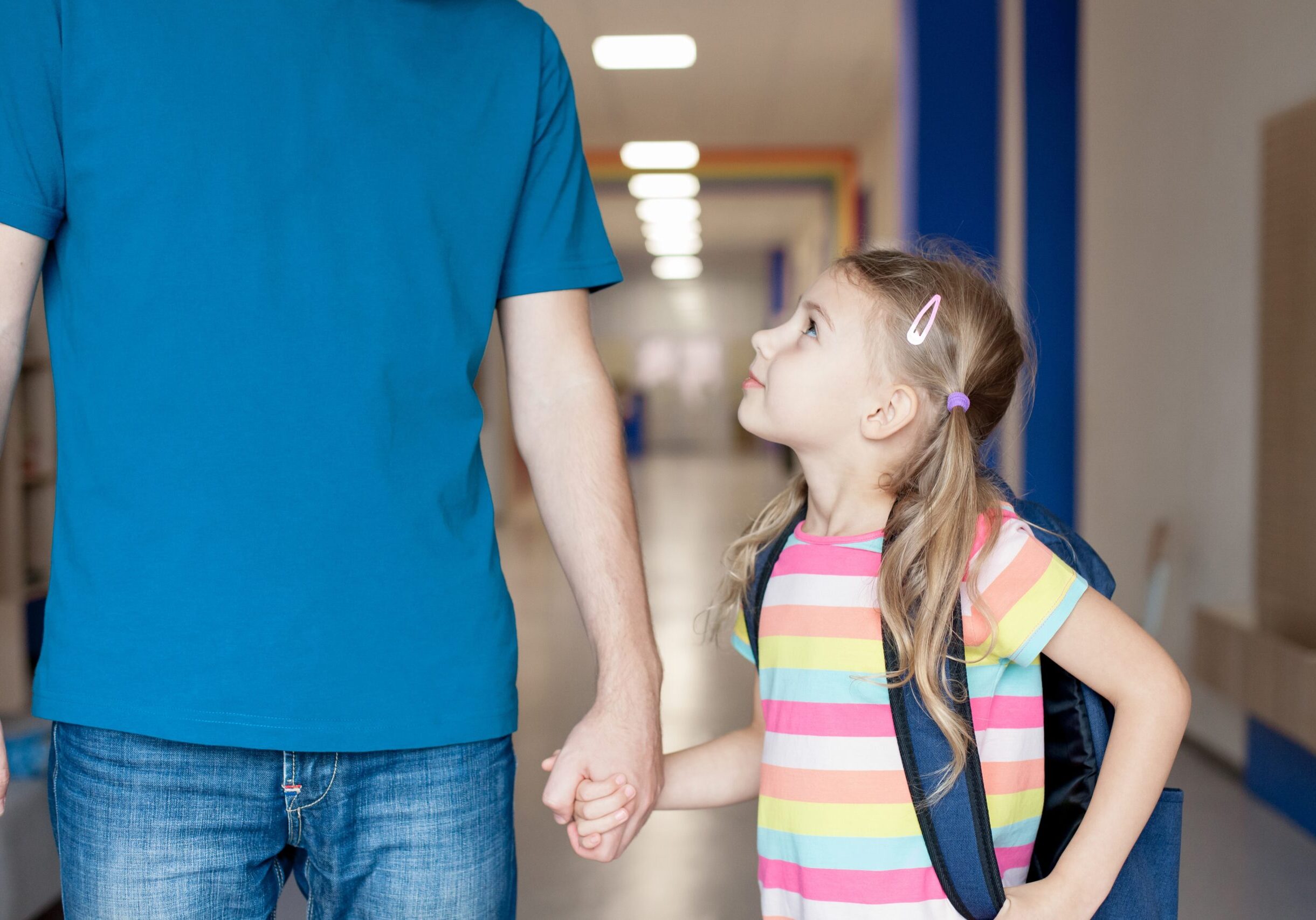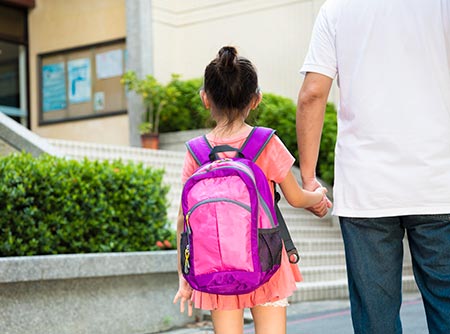
The start of EVERY new school year is such a significant time for children and teens. They don’t typically look back at their childhood or teen years and say, “In 2017…this happened.” Instead, they are more likely to say, “When I was in the 6th grade…” It’s no wonder that children and teens look toward the first day of school with an array of emotions… first-day jitters, excitement, giddiness, shyness, hope, worry and concern. Add a recent death loss to the mix, and their worries and concerns may well double…or even triple. Not only do they have the “normal” worries of “What am I going to wear? Will my best friend be my class? Will I like my teacher?”, but they also worry about more significant things such as, “Will my friends know that my loved one died? Am I different? Will my friends be different toward me? What if I cry at school?” Going back to school after a death loss is a BIG transition. In order to help grieving children re-adjust to school, parents can take a few simple steps to help boost their grieving child or teen’s self-confidence.
As a parent, the first way to help boost your child’s confidence is by ESTABLISHING A SUPPORT SYSTEM at their school. Inform the principal, teachers, school counselors and the school nurse. Children need to know that they are not alone. While many children are eager to return to school to help regain a sense of normalcy, once they get there they might find themselves distracted, unable to concentrate, anxious or overwhelmed with emotion. Let them know in advance that these reactions are normal. Establish a safe, quiet place for them to go to or let them know who they can talk to, if and when these reactions occur.
Next, make a PLAN. For example, children and teens often worry that their surviving loved ones may die, too. This makes it difficult for them to focus in the classroom. Establish a plan for when they feel nervous or worried. For younger children, it might be comforting to have a small, special item belonging to their loved one to keep in their pocket. When they feel nervous or worried, they can pull the item out and hold it. For teens, it may not be possible for them to go home to check on loved ones, but they may be able to send a short text to check–in. Talk with children and teens to identify what strategies may be most helpful and meaningful for them. Remember that all children grieve differently, so if you have more than one child, you may have different strategies for each child.
Another way to help boost your child’s confidence is to PREPARE for what their friends and classmates might say, questions they may ask or how they might react when they find out about the death. Talk to your child and ask them who they are willing to share the news with and how much they are comfortable sharing. Let them know in advance that many children don’t understand death and don’t know how to feel or react when there is a death loss. They may say things that are helpful, they may say things that are hurtful or they may say nothing at all. Encourage children to practice how to respond to questions about their loved one with you. For example, if a friend or classmate asks them details they aren’t comfortable sharing, they can reply, “Thank you for asking, but I am not ready to talk about it at this time.” Also, it is not uncommon for friends and classmates to avoid reaching out to their peers when they don’t know what to say. If your child is feeling isolated or lonely, they might want to practice saying, “I know my dad died, but I still need friends.” Equally important, they might want to practice saying, “I’m not feeling up to playing right now. I would like some time alone. I might be ready to play a little later.”
A final way to help boost confidence for grieving children is to practice, practice and practice. “PRACTICE creates confidence. Confidence empowers you.” –Simone Biles Practice role playing and problem solving different possible scenarios with your child or teen. This will give them the skills and confidence to handle grief challenges when they arise. With practice and preparation, your child’s responses will seem effortless, natural and confident. They will learn effective communication skills, thereby increasing the probability that their grief needs will be met.
In closing, keep in mind that going back to school is never easy, and it is especially challenging right after the death of a loved one. While we can’t prepare our children for every possible scenario or “bump” in the road, we can directly involve children and teens in planning for their return to school. This will help them regain a sense of control and provide them with a boost in self-confidence to help them re-adjust to school following the death of a loved one.
